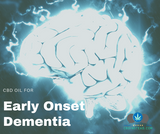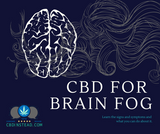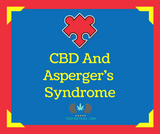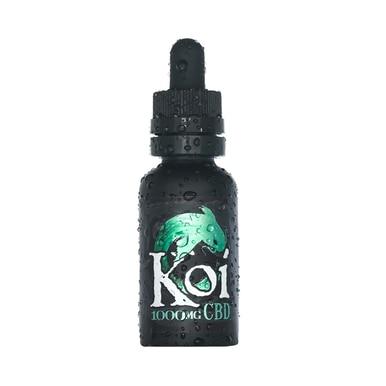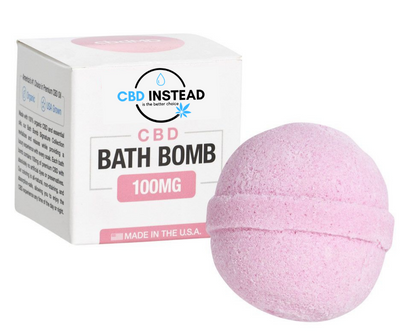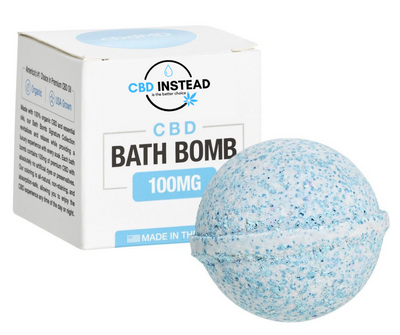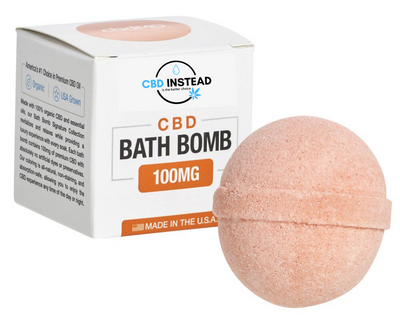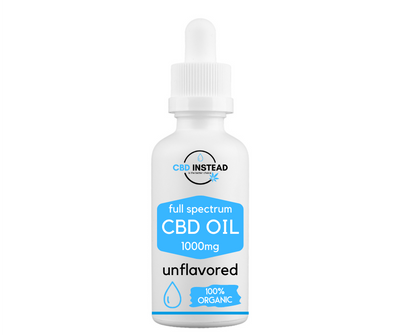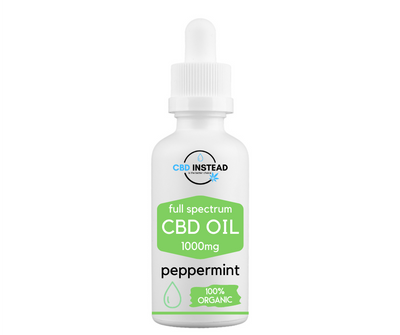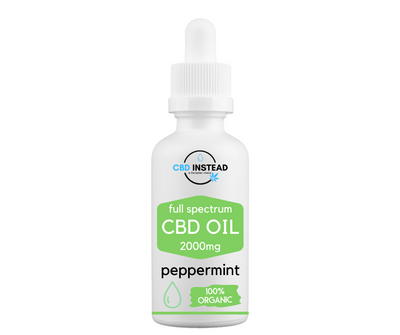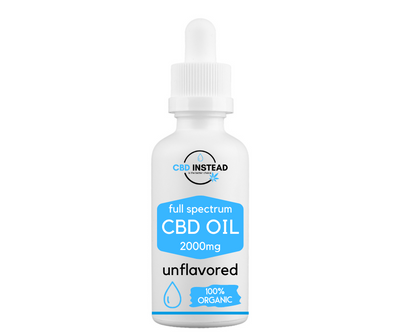In 2016, Congress decided that veterans should have access to medical marijuana such as CBD and THC cannabis products. After recognizing the death rate links to opioid use in veterans, they decided it was time they were able to get their hands on safe medicinal alternatives. Veterans of all ages are switching their pain medications and antidepressants to medical cannabis, and it may just be the right move for you too.
Our Returning Heroes
31% of returning military servicemen develop a mental illness after service. This includes depression, traumatic brain injuries, and PTSD. This breaks down into 320,000 of our country’s service members having experienced a traumatic brain injury, and 300,000 have developed PTSD or depression.
Only 50% of these returning vets even seek out treatment. The stigma in the military world on mental health deters many servicemembers from seeking care. They do not want to appear weak or don’t have enough knowledge on the subject to understand how vital their mental health is. And for those who do finally seek out treatment, only half of them get the adequate care that they need.
Now the use of medical marijuana is becoming more normalized. There is still quite the stigma against it, especially in states where it is considered illegal across the board. But more people are becoming familiar with its health benefits and relief potential, which also creates more awareness for mental health. For those who live in entirely illegal states, lucky for them they can still get CBD.

Vietnam Veterans
The most significant group of veterans we have today are the Vietnam War veterans. This war ended in 1975, not that long ago. The Vietnam War implemented drafts, meaning the poor lower class families lost their men to the cause. The ones who did come home generally hit the bottle. Substance abuse in Vietnam Veterans is between 60%-80%.
Our country was not very kind to its veterans during the Vietnam War. Unlike previous wars, where when the servicemembers returned home they were greeted like heroes, these veterans were caught in the middle of whether or not the Vietnam War was just or not. Their efforts were useless in the eyes of their community. After seeing horrors or war, expecting warm and open arms when they got home, they came back to a country that just didn’t care about them after all they had done and seen.
This sacrifice is enough to make people suffer mentally, but being ostracized and rejected also has an impact on one’s mental health. And we also have to take into account that nobody talked about mental health in the 70s. Many people who suffered just suffered alone, or when they got help it didn’t work. The time after the Vietnam War was the perfect storm to corrupt the minds of the U.S Veterans.
The Gulf War Veterans
This war didn’t last very long, but it still had 650,000 service members contributing to fighting off aggressive measures taken by the Iraqi forces. The tension was high throughout some of our allies, and the United States sent out its people to protect national morality.
When our valiant army returned, many started seeing their physical and mental health decline rapidly. Many Gulf War Veterans are diagnosed with “chronic multisymptom illness” which is also known as the Gulf War Syndrome. These people are experiencing extreme fatigue, symptoms of fibromyalgia, gastrointestinal issues, as well as other symptoms that range from unexplained weight change to skin diseases to respiratory disorders. An estimated 250,000 of the servicemembers that participated in the Gulf War started showing these odd symptoms. They believe it is because though the death toll was low for this war, the soldiers were exposed to chemicals and biological agents. It has been decided that these changes in people’s bodies are physical and not psychological, but they still have no idea how to cure our soldiers.

Iraq and Afghanistan Veterans
This war has lasted as long as Vietnam and is having just as much impact on its soldiers. We are also in a time where the country is divided like it was in the 70s, and many of the soldiers returning home are either a hero or a killing machine. Long wars have people away from their families, submerging them into a completely different culture, and putting a lot of importance in strength.
Being servicemembers who have wounded or killed someone or watched it happen to someone else are at a high risk to develop mental illness. Watching someone's life disappear isn’t something our bodies are equipped to deal with on a regular basis and can put a toll on the mental psyche. Sexual assault is also prevalent in the military, just adding to the many stressors.
Research found that the more combat stressors like watching someone being killed, killing someone, or losing a friend in battle raise the likelihood of the servicemember developing a mental disorder. In Iraq, 95% of the army reported they had seen a dead body and 93% had been shot at.
Other stressors also include things like longer deployment time, lower rank, being female or Hispanic. These groups of people also find that they come back with a worse mentality than when they began.
How Can CBD Help?
Veterans who choose medical marijuana are finding that their mental symptoms are deteriorating and their quality of life is soaring. The way they are doing this is by having cannabis medicine that contains the chemical cannabidiol, which is CBD.
CBD acts as a regulator in the brain by interacting with the Endocannabinoid System. This system is in charge of how much pain you feel, how much acid is in your blood, how fast you think, and a lot in between. Trauma and illness can make the endocannabinoid system not work correctly, and that is when the brain regulator CBD can come in.

PTSD
Hemp medications have proven effects in some of the most common issues our veterans face today. One of the most common illnesses they develop is Post Traumatic Stress Disorder. Some of the things that are witnessed during the war are unimaginable to the ordinary civilian mind. We are numbed to it by the mass amounts of violence on television, but when it happens in front of you it can put your body in shock.
Taking CBD can reduce the symptoms of PTSD like racing thoughts, anxiety, aggression and inability to sleep. The neurotransmitters in the brain that is damaged from an event are often overactive in areas they shouldn’t be and unresponsive in areas they should. In PTSD patients, their fear is magnified, and they are on constant alert. Using CBD calms those neurotransmitters down. It tells the receptors to shut the door to the party and not let any more neurotransmitters stimulate the neuron because it is already at full capacity. It also will encourage the good chemicals like dopamine to act appropriately, which helps with depression.
Depression
Many people who come back from the war are depressed. It could be that their country doesn’t value them after the enormous sacrifices they’ve made to leave their home and enter battlegrounds. It could be that they were treated so poorly because respect and kindness are not as easily gained in the military. It could also be from watching so many people who they know suffer or die, and it just broke them. There is evidence that CBD acts as an antidepressant, and it is at least just as effective.
Traumatic Brain Injury
Research shows that by manipulating the endocannabinoid system, symptoms of traumatic brain damage decrease. This includes symptoms of PTSD and depression, as well as the other symptoms such as convulsions, seizures, cell death, neuroinflammation, and behavioral deficits. More research needs to be done to confirm, but scientists think that cannabidiol can assist the brain in relieving symptoms from traumatic brain injury.
How Can We Help?

Get Them Off the Streets And Into Hospitals
Awareness needs to be made for our veterans. They have fought for our country, and many of them end up homeless with a substance abuse problem. It is so easy to brush them off as crazy, but what if they are? They still require the basic human things that everyone else does like food, water, shelter, and community. We need to bring awareness that these people need adequate care because their brain damage is caused by their decision to protect and fight for this country. Or the lack of that decision. And the stigma that the average person battles with mental health is just as relevant to them.
Talk About Mental health
The stigma associated with mental health is one of the most significant barriers for veterans who are seeking care. They don’t want to appear weak, they don’t want anyone knowing they have problems, and that can deter them from making the decision that could save their life. By normalizing the fact that our brain chemistry is sensitive, it makes it easier for people to come forward.
You can normalize mental health by bringing it up in everyday conversation, or listen to people who are going through problems or episodes. Make their pain relevant, because it is. Kindness can cure a lot of symptoms.
If you or someone you know are a veteran who is thinking of taking CBD for their symptoms, consult a doctor before making any changes in your medication. They understand your illness specifically to you, and they will have a good idea of how cannabis will affect you. If you have taken the precautions and are ready for the next move, check out CBD Instead’s shop for any CBD products you might need.











